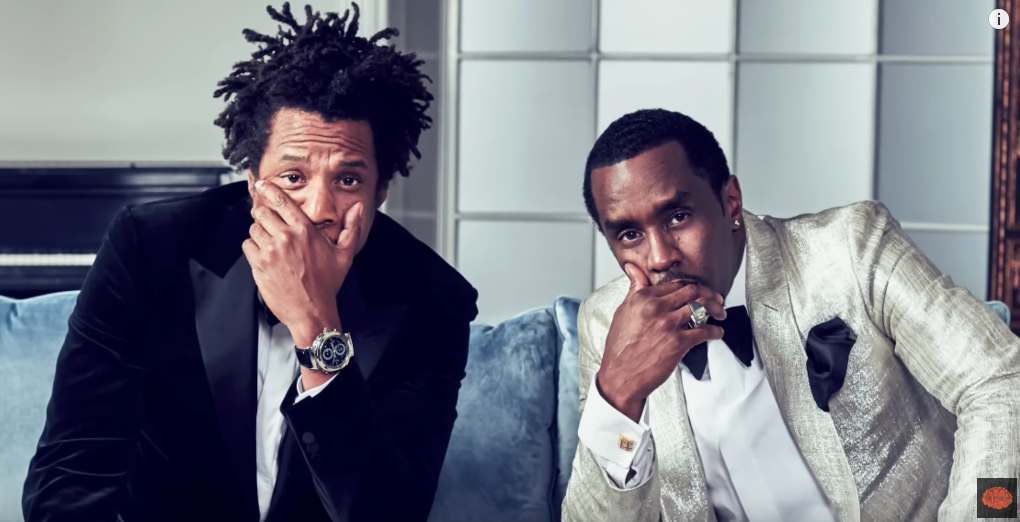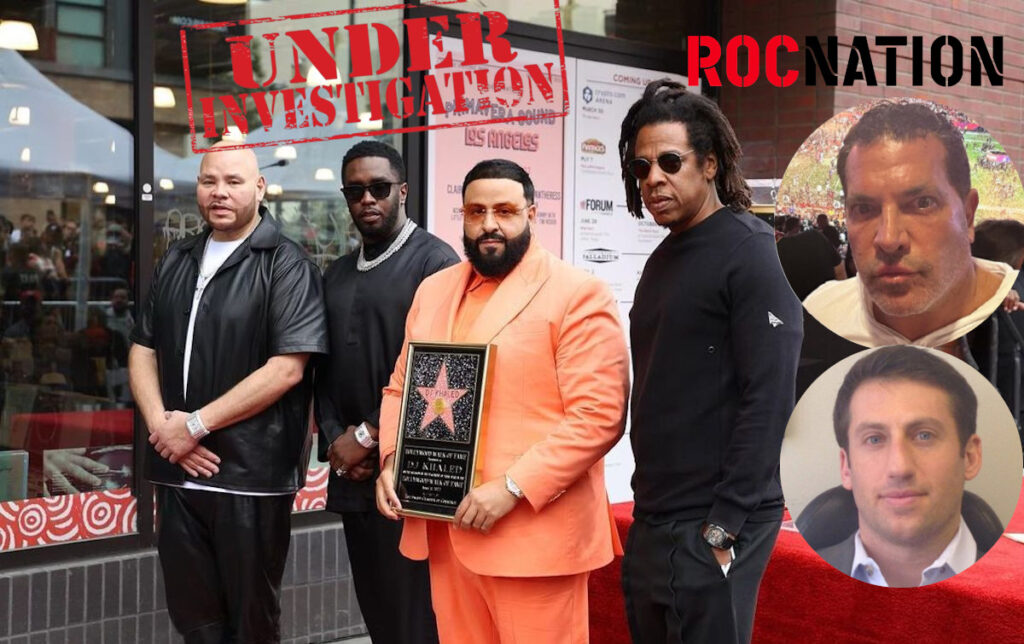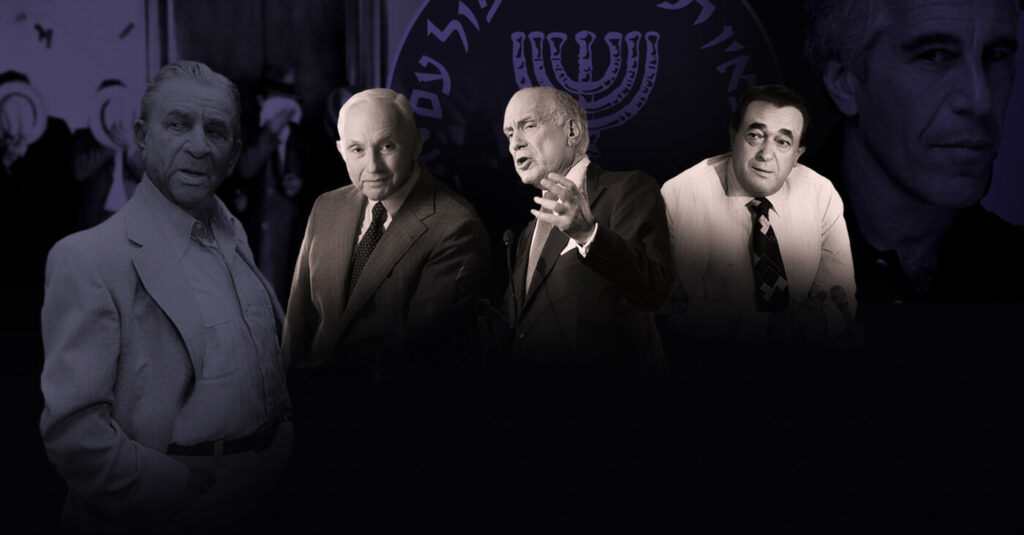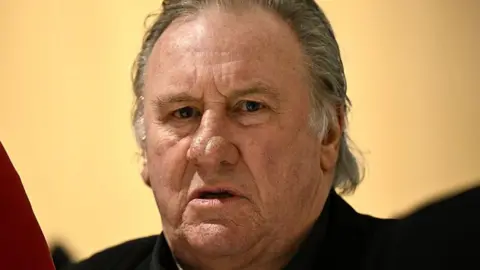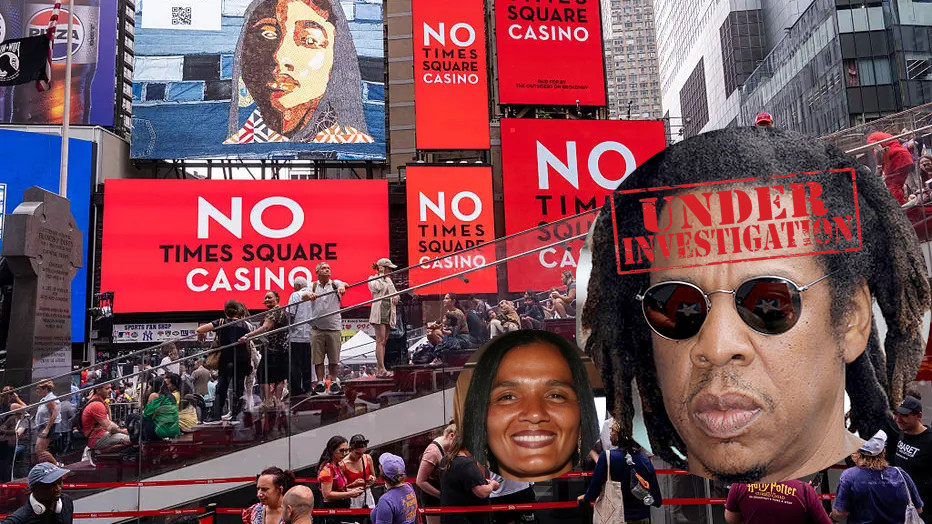Former music executive Daniel Evans vividly recalls a chilling threat from Sean "Diddy" Combs in 1997 while working at Bad Boy Records. Combs' warning to a colleague – that he had enough wealth to hire a hitman without anyone noticing – encapsulates the power dynamics and toxicity that allegedly pervaded the hip-hop mogul's empire. Almost three decades later, Combs awaits trial on sex trafficking and racketeering charges, along with several lawsuits alleging drugging and assaults. He firmly denies all the claims.
In a recent inquiry, the BBC engaged over 20 former associates of Combs at Bad Boy, unveiling distressing incidents during its ascendance in the 1990s. Reports surfaced of Combs engaging in sexual activities within the recording studio, alongside an alarming culture where corporate resources were reportedly misappropriated to facilitate such encounters. Evans details an episode where he unwittingly walked in on Combs with a young woman, raising questions about her state of consent at that time.
Tony Buzbee, a lawyer representing several alleged victims, noted a growing pattern of misconduct linked to Combs during this period. One of his clients claims Combs threatened her life after an alleged assault at a promotional event in 1995. In response, Combs's legal representatives asserted their client's innocence, criticizing the lawsuits as elaborate attempts for publicity.
Combs rapidly became a millionaire following Bad Boy's inception in 1993, succeeding as a talent director at Uptown Records. However, many former employees paint a picture of a volatile figure wrestling with newfound power. Evans recalls instances of Combs displaying unprofessional behavior, including demanding staff fetch condoms in personal moments.
Reports from other former employees corroborate a lax corporate culture surrounding sexual encounters and relationships, raising alarming red flags about workplace safety and consent. The troubling accounts encompass both staff and interns, who were often subject to inappropriate propositions.
While some staff, like Felicia Newsome, took steps to challenge Combs's conduct, others were less inclined to confront him due to his status. The culture was characterized as one of excess, with extravagant parties featuring celebrities but veiled in less savory undertones.
Amidst all this, accusations range from drug-related misconduct to more severe claims of sexual violence. Evans and some long-time acquaintances grapple with reconciling their experiences of Combs with the extensive list of allegations emerging now.
As Combs prepares for his trial, scheduled for May, many nearby are left questioning the person he truly was behind the fame. Former colleagues wonder if the power of wealth unveiled a darker truth all along, with past behaviors and attitudes coming into the forefront. The unfolding narrative surrounding Sean Combs continues to provoke significant reflection on the intersection of celebrity culture, power, and accountability.







